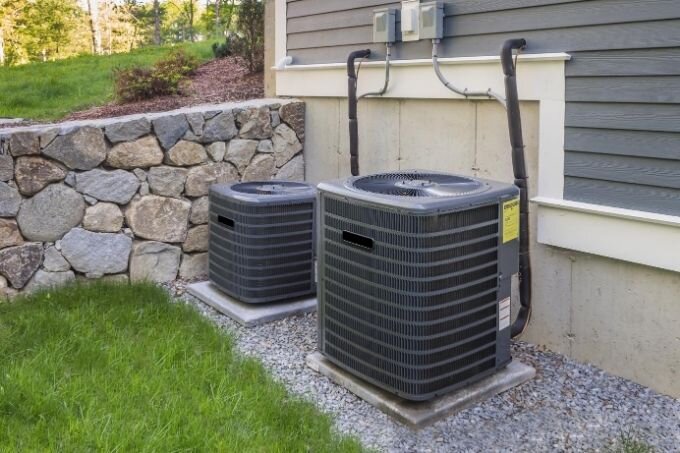What to Know About HVAC Before Buying a Home
House-hunting can be a draining yet exciting time. Once you finally find that perfect place, all you’ll want to do is throw your hat in the ring with an offer—but you should learn a few things about the house before making an offer. If you’ve never owned a home with an HVAC system or if you aren’t too familiar with them, you may want to learn a little about the one in the new house before buying it. Check out this guide on what to know about HVAC before buying a home.
Have the equipment inspected
Before you close on your new home, be sure to request that the current owner has the HVAC system inspected. Many homeowners take great care of their HVAC systems, but some leave them unmaintained for years, which will likely lead to failure and other problems. Having the equipment evaluated will provide you with an itemized list of issues and potential issues as well as a more in-depth understanding of the functioning of the system as a whole.
Ask about insulation
Ask about what type of insulation is used in the home—if any. This is important to know because insulation can settle over time if it’s not regularly maintained. This can cause leaks or drafts in your home, which greatly affect your ability to evenly cool or heat your home. If the house needs new or added insulation, you may want to request that the current homeowner takes care of this before you buy, as it can render your HVAC system less useful and make your energy bills increasingly high.
Learn about the model and upkeep required
When you own the home, you’ll need to be sure to upkeep the HVAC in every way required. El Paso County homeowners like to reach out to the best heating and cooling Colorado Springs services they can find who can always come out and check the system themselves. Having a pair of professional eyes should always be welcome. Be sure to learn what kind of refrigerant is being used and what you need to do to keep it safe. Look for a reliable local HVAC specialist to service your unit whenever necessary and to perform preventative maintenance. Once you’re moved into the home, be sure to keep an eye out for telltale warning signs that you need a new HVAC unit, as many homeowners don’t notice until theirs fails completely.


















